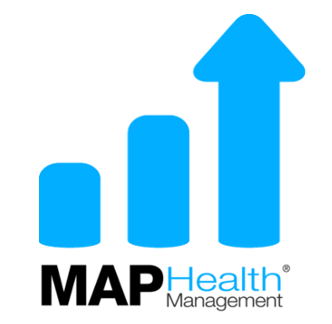Using Data to Improve Outcomes in Addiction Treatment
September 24, 2015 Chris Gates
According to the National Institutes of Health, addiction affects 23.2 million Americans — of whom only about 10 percent are receiving the treatment they need.
This percentage does not include the gamble that most Americans must make when choosing an addiction treatment facility for themselves or a loved one. Unlike most healthcare specialties, the field of chemical dependency has largely eluded the demand for empirical outcomes data and healthcare consumers are often at the mercy of a system that has not always provided demonstrable outcome data. We can no longer afford to accept this rarefied approach.
Rapidly rising healthcare costs, of which more than $600 billion annually is related to addiction, combined with the increasingly catastrophic consequences of treatment failure demand a dramatic improvement in the rates of achievement of long-term recovery from all Substance Use Disorders. Patients and their families face a confusing array of treatment programs that claim unique approaches to care and little-to-no demonstrated rates of success. Because the field has not been held accountable, healthcare consumers cannot make informed decisions and insurers are wary.
In the absence of universally accepted nation-wide standards, insurers are reluctant to provide coverage for unsubstantiated care despite the mounting evidence that untreated or poorly treated addiction results in astronomical increases in overall healthcare costs. Thus insurance coverage varies widely. There are no standardized outcomes data that report on the quality of treatment providers and/or the long-term effectiveness of their approaches. Making an informed decision as to the best treatment facility to meet individual needs is analogous to rolling the proverbial dice.
Despite the emerging knowledge that outcomes data is integral to distinguishing quality providers, there appears to be concern from those who are not interested in (or are fearful of) being required to demonstrate the outcome data for the services they render. While claiming to individualize care for their patients, providers more often use an identical treatment approach with every client. This approach allows for economies of scale with regard to clinician and administrative time and relieves clinicians of the principled duty of directing their efforts toward treatment-based, science-driven assessments of disease severity and coordination of authentic, individualized treatment.
The industry has the tools to gather and analyze long-term outcomes data in order for both treatment efficacy and the value of long-term recovery support to be measured and enhanced. Data can be used to guide payment for services that result in incentives for quality treatment rather than quantity. And, data can also be used to guide decisions as to which treatment centers are most likely to optimally address the individual manifestations of the disease.
One viable solution to this problem is a network dedicated to the provision of quality treatment and the utilization of resources to track and manage outcomes data to improve services and substantiate the long-term efficacy of chemical dependency programs. The network will function to empower an alliance of providers who demonstrate and improve treatment outcomes with the data necessary to navigate the changing reimbursement paradigm and provide quality providers with a way to effectively differentiate themselves to consumers. The network will also give payers the ability to discern quality through performance backed by science and utilize providers who are best suited for patients on an individualized basis.
In order to successfully navigate the critical juncture the field of addiction treatment is facing, providers must be prepared to collect, measure and demonstrate their data. We must improve the addiction treatment models and deliver an improved and transparent service to those who seek treatment as well as those who pay for it. We don’t gamble when selecting other segments of our healthcare, and it is time we stop gambling with our selection of addiction treatment facilities.
Jacob Levenson founded Austin-based MAP Health Management, LLC in 2011, and has served as Chief Executive Officer since its inception. Kerby Stewart, M.D. is a Clinical Director with MAP, an organization on the threshold of introducing a resource never before available to treatment providers and healthcare consumers. The MAP Recovery Network is the solution to a serious quality-assessment concern wherein treatment facilities historically have not been incentivized to show empirical evidence of the relative success of their services and the healthcare consumer has not been in the position to discern quality providers.








